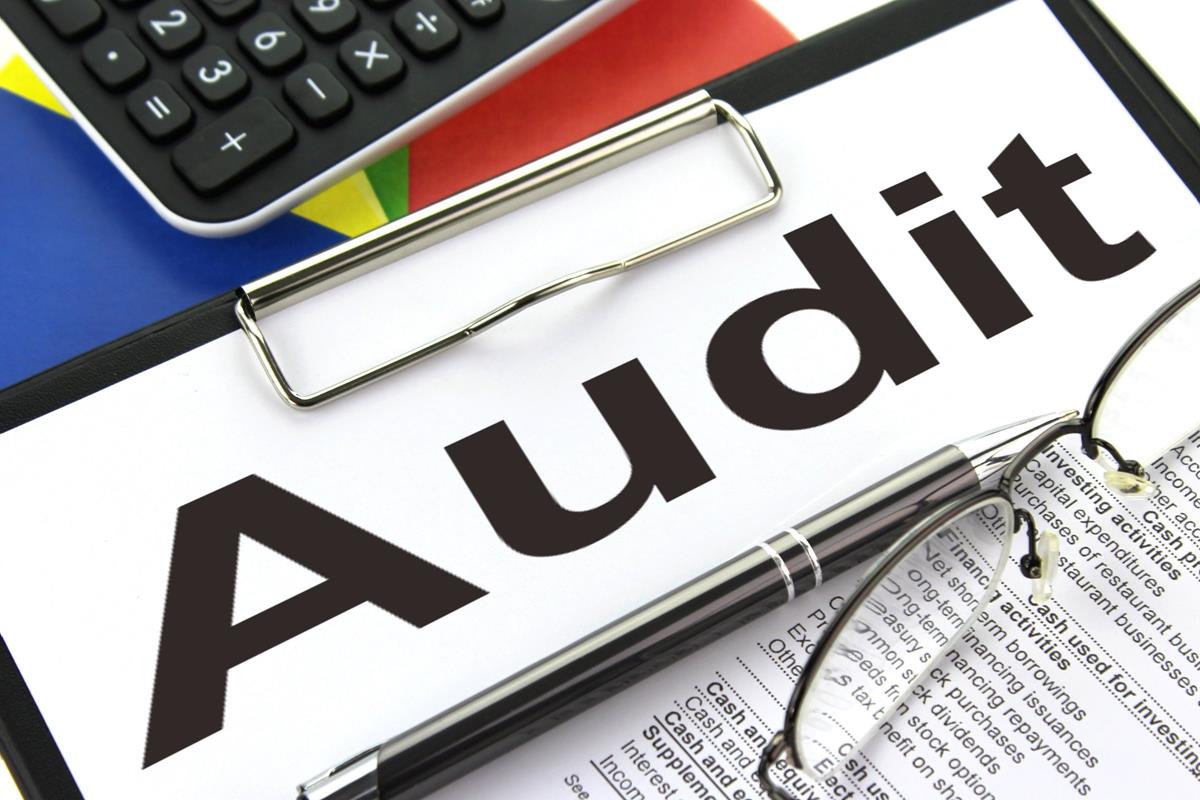Explain the responsibilities of auditors regarding subsequent events
Auditors play a crucial role in ensuring the accuracy and reliability of financial statements, and their responsibilities extend to the evaluation of events that occur after the balance sheet date, known as subsequent events. This article will discuss the auditors’ responsibilities regarding subsequent events, the nature of these events, the procedures for identifying and evaluating them, and the challenges faced in this process.
Understanding Subsequent Events
Subsequent events are significant occurrences that happen after a company’s fiscal year-end but before the financial statements are issued or available to be issued. These events can be of two types:
Recognized Subsequent Events:
These are events that provide additional evidence about conditions that existed at the balance sheet date and, therefore, require adjustment of the financial statements.
Non-Recognized Subsequent Events:
These events provide evidence about conditions that arose after the balance sheet date and do not require adjustments to the financial statements, but might necessitate disclosure.
Auditor’s Responsibilities
Identification of Subsequent Events
Auditors are responsible for identifying events that occur after the balance sheet date up to the date when the financial statements are issued. This involves:
– Reviewing the entity’s procedures for identifying subsequent events.
– Inquiring of management and, where appropriate, those charged with governance, about whether any subsequent events have occurred which might affect the financial statements.
Evaluation of the Effects of Subsequent Events
Once identified, auditors must evaluate these events. For recognized subsequent events, auditors should ensure that the financial statements are adjusted to reflect the event. For non-recognized events, they need to assess whether disclosure is adequate.
Obtaining Management Representation
Auditors must obtain written representations from management and, where appropriate, those charged with governance, that all events up to the date of the auditor’s report that may require adjustment of, or disclosure in, the financial statements have been identified.
Going Concern Evaluation
Subsequent events can also provide evidence about an entity’s ability to continue as a going concern. Auditors are responsible for assessing whether any subsequent events cast significant doubt on the entity’s ability to continue as a going concern.
Procedures for Identifying Subsequent Events
To fulfill these responsibilities, auditors engage in several procedures, including:
Reading Minutes of Meetings:
Auditors read minutes from meetings of shareholders, the board of directors, and important committees held after the balance sheet date.
Reviewing Latest Interim Financial Statements:
They review the entity’s interim financial statements and other financial records prepared after the balance sheet date.
Inquiring of Legal Counsel:
Inquiring about litigation, claims, and assessments.
Communication with Management:
Regular communication with management to understand any significant events that may affect the financial statements.
Challenges in Dealing with Subsequent Events
Timeliness and Completeness of Information
Auditors must ensure they receive all relevant information in a timely manner. Delays or omissions can impact the quality of the audit.
Distinguishing Between Types of Events
Deciding whether an event requires adjustment or disclosure involves significant judgment and understanding of the event’s implications.
Continuous Assessment
The period between the balance sheet date and the auditor’s report can be extensive, requiring auditors to continuously assess the situation for new subsequent events.
Professional Skepticism
Auditors must maintain an attitude of professional skepticism throughout the process, questioning and corroborating information provided by management.
Conclusion
The auditor’s responsibilities regarding subsequent events are a pivotal part of the audit process. These responsibilities require auditors to be diligent, inquisitive, and skeptical. Proper identification and evaluation of subsequent events ensure that the financial statements provide a true and fair view of the company’s financial position and performance. As businesses and economies evolve, the challenges in identifying and evaluating subsequent events may increase, requiring auditors to continuously adapt their approaches and methodologies. This adaptability, combined with a thorough understanding of the principles and procedures related to subsequent events, is crucial for auditors in upholding the integrity and reliability of financial reporting.
